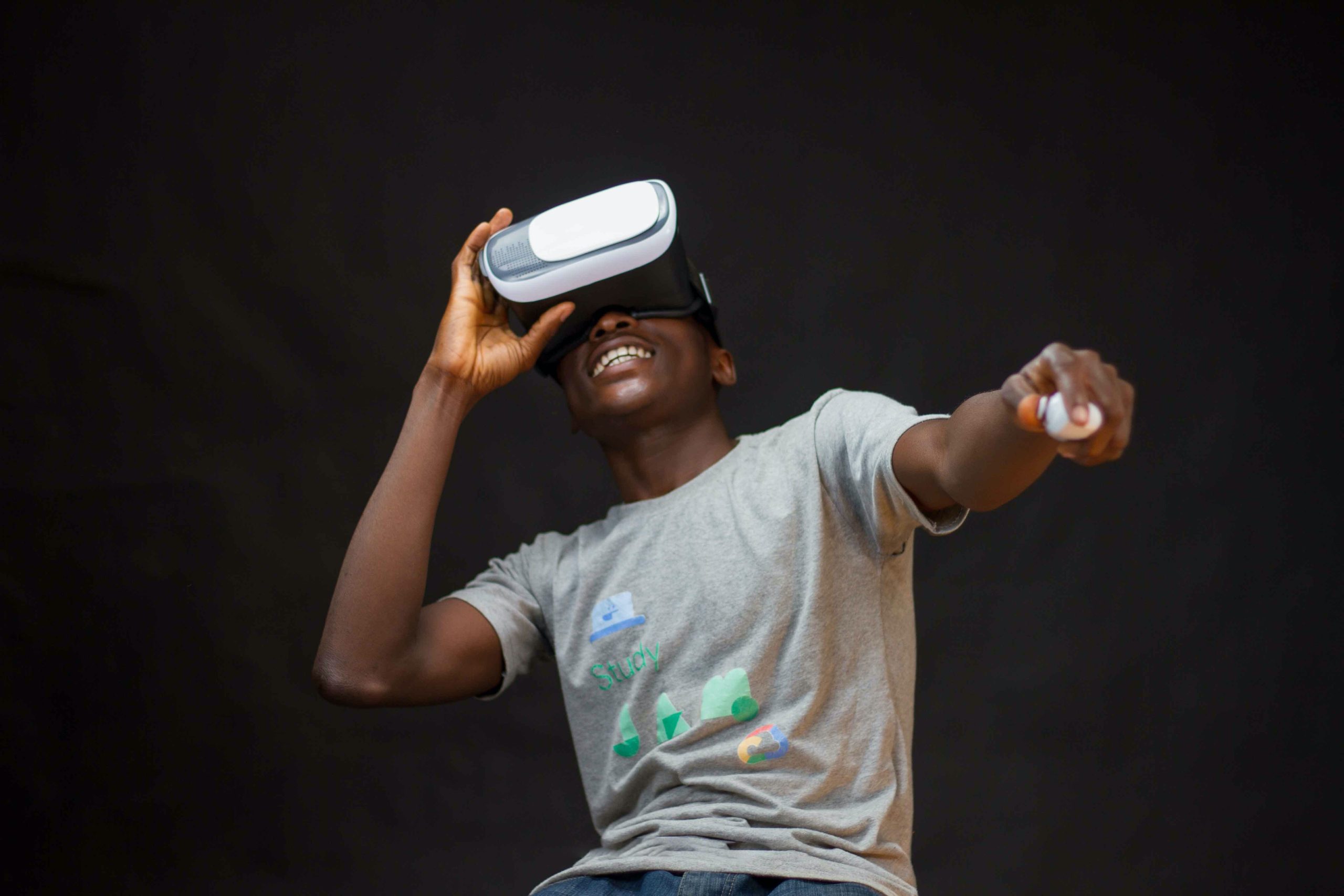The digital marketing landscape is evolving at an unprecedented pace, driven by advancements in technology and consumer behavior. To keep up with this dynamic environment, digital marketers must embrace a new paradigm of collaboration: Human-AI collaboration. In this blog, we’ll explore the synergy between marketers and artificial intelligence (AI), the creative and analytical partnerships that arise from this collaboration, and how to navigate the changing workforce as AI becomes an integral part of the digital marketing ecosystem.
Synergy Between Marketers and AI
The Rise of AI in Marketing
Artificial Intelligence has made significant inroads into the field of digital marketing in recent years. From chatbots and predictive analytics to programmatic advertising and content optimization, AI-powered tools are becoming indispensable for marketers. This transformation isn’t about replacing human marketers; instead, it’s about augmenting their abilities.
AI as a Force Multiplier
AI excels in processing vast amounts of data, identifying patterns, and making data-driven predictions. Marketers, on the other hand, bring creativity, strategic thinking, and a deep understanding of consumer behavior to the table. When these two forces collaborate, the result is a powerful synergy.
– Data-Driven Decision Making: AI can analyze consumer data, website analytics, and social media trends at a speed and scale impossible for humans. Marketers can use these insights to refine their strategies and make data-driven decisions.
– Personalization: AI can personalize content and advertisements based on user behavior and preferences. Marketers can then fine-tune these personalized experiences to create stronger connections with customers.
– Efficient Campaign Management: AI can automate routine tasks like A/B testing, ad placement, and campaign optimization, allowing marketers to focus on strategy and creativity.
Case Study: Netflix’s Recommendation Engine
One of the most prominent examples of human-AI collaboration is Netflix’s recommendation engine. While Netflix employs a sophisticated AI algorithm to suggest content to users, human marketers play a crucial role in creating original content and designing the user interface. This blend of AI-driven recommendations and human creativity has helped Netflix become a global streaming giant.
Creative and Analytical Partnerships
The Marriage of Creativity and Data
The stereotype of marketers as solely creative minds is evolving. Modern digital marketers are expected to be data-savvy as well. This transformation is facilitated by AI’s ability to provide marketers with data-driven insights, thereby fostering a more analytical approach.
– Content Optimization: AI tools can analyze audience engagement data to determine what type of content resonates best with your target audience, allowing marketers to tailor their content strategy accordingly.
– Predictive Content Creation: AI can generate content ideas, headlines, and even complete articles based on popular trends and historical data. Marketers can then use these generated ideas as a starting point for their creative processes.
A/B Testing and Continuous Improvement
A/B testing is a fundamental practice in digital marketing, used to compare two versions of a webpage, email, or ad to determine which performs better. AI can accelerate this process by automating the testing and analysis phases, enabling marketers to rapidly iterate and refine their campaigns.
Case Study: Grammarly’s AI-Powered Writing Assistant
Grammarly’s writing assistant is another prime example of creative and analytical partnership. While writers use Grammarly’s AI-powered tools to enhance their content’s clarity and correctness, the software also provides valuable insights into readability, engagement, and tone, enabling writers to adapt their content for specific audiences.
Navigating the Changing Workforce
Reskilling and Upskilling
As AI becomes more integral to digital marketing, the skill set required of marketers is shifting. Marketers must adapt to this changing landscape by acquiring new skills and honing existing ones. This includes:
– Data Literacy: Marketers should become proficient in interpreting and making decisions based on data analytics.
– AI Literacy: Understanding the basics of AI and how it can be applied in marketing is essential.
– Automation Proficiency: Familiarity with marketing automation tools and AI-powered platforms is becoming a valuable asset.
Redefining Roles
The roles within marketing teams are also evolving. Traditional positions like SEO specialists, content creators, and campaign managers are incorporating AI-related responsibilities. Marketers should be prepared to adapt their roles to encompass these new dimensions.
The Human Touch
While AI is powerful, it lacks the nuance, empathy, and emotional intelligence that humans possess. Marketers should leverage these qualities to build authentic relationships with customers. AI can handle routine tasks, but the human touch is irreplaceable when it comes to understanding and connecting with individuals on a deeper level.
Case Study: HubSpot’s Inbound Marketing Approach
HubSpot, a leading inbound marketing and sales platform, emphasizes the importance of human interactions in the digital marketing process. They use AI for lead scoring and content recommendations but maintain a strong focus on human-to-human engagement to build trust and loyalty among their customers.
Conclusion
The evolving pace of digital marketing demands a paradigm shift in the way marketers operate. Human-AI collaboration is not about replacing human marketers but enhancing their abilities, enabling them to harness the power of AI to make data-driven decisions, optimize content, and manage campaigns more efficiently.
Creative and analytical partnerships between marketers and AI open up exciting possibilities for content optimization, personalization, and data-driven decision-making. As AI continues to evolve, marketers must adapt by reskilling, redefining their roles, and leveraging their unique human qualities to build authentic connections with customers.
Navigating the changing workforce in the age of AI requires a commitment to lifelong learning, flexibility in roles, and a recognition of the enduring value of the human touch in marketing.
By embracing the synergy between marketers and AI, digital marketers can thrive in the ever-evolving landscape, harnessing the power of technology to drive results and connect with audiences in meaningful ways. As the digital marketing industry continues to transform, those who master the art of human-AI collaboration will remain at the forefront of innovation and success.
